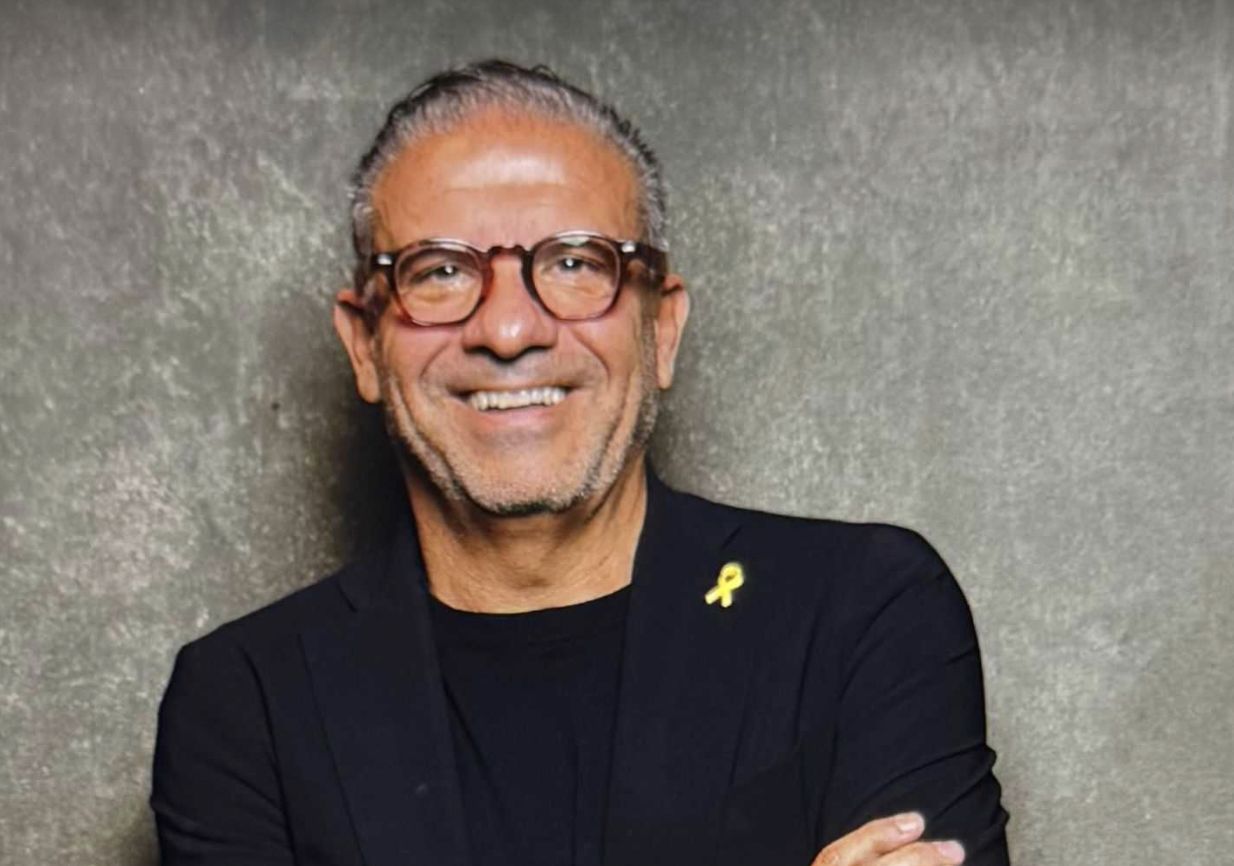CINEMA – Italian director Ruggero Gabbai: My film about Liliana Segre and those accusatory questions about Gaza

A few days ago, Italian filmmaker Ruggero Gabbai went to Gradara in the Marche region. There, he presented his documentary Liliana, which recounts the experience of Holocaust survivor and Senator for Life Liliana Segre. However, at Q&A time, few questions from the audience were related to the film. Instead, they focused on the situation in Gaza, often in an accusatory tone. “It was disheartening and worrying,” Gabbai told Pagine Ebraiche. “Why should I answer for the actions of a government I didn’t vote for? Is it because I am Jewish?”
The discussion was long and tiresome. Gabbai noted that one of the accusations was that of having a “selective memory.” “Unfortunately, it is one of the results of the media’s relentless one-sidedness, blaming only one part of the conflict and excluding any reasoning about a tragic and complex situation for both peoples.”
The director said that declaring oneself pro-Palestinian “has become an automatism from which nobody is exempt at any level of Italian society. It especially hurts the paradox of a left that, in many cases, supports Hamas, gives up on dialogue, and does not build bridges, as I have always tried to do in my work.” In this regard, he continued, “The call to boycott Israeli artists at the Venice Film Festival, accompanied by images meant to deny Israel’s right to exist, is the symbol of this scarce reasoning.”
In any case, he recalled that the film Liliana is about something else and has nothing to do with Gaza. The truth is that “there is a lot of ignorance and poor historical knowledge.”
On presentation day, the director spoke with Liliana Segre on the phone. “It was very painful. She had thought she had built something important with her work as a Holocaust witness and senator. That day, she confessed that it was like reliving a nightmare in which all her work could be undone.”
Ruggero Gabbai is currently working on a documentary about Nedo Fiano, another Holocaust survivor. Gabbai said that he, historian Marcello Pezzetti, and Nedo’s sons are considering addressing current issues in the documentary: “Their ideological interpretation is generating an impressive amount of antisemitism.”
